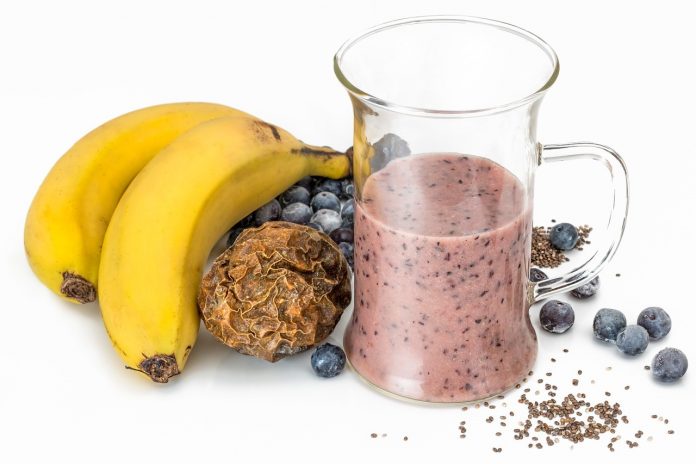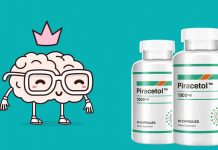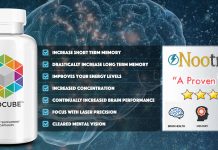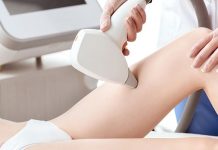
Addiction is a disease. It affects multiple facets of our life: our physical health, our relationships, even our spiritual health. Sometimes, it’s also difficult to realize how much harm we are doing to ourselves because of our addiction. But, the first step from addiction to sobriety is our decision and realization that something has to be done.
After that initial step, we must keep the inertia going by dedicating ourselves to pursue a healthy lifestyle. We must have the determination to stay on the path to sobriety. And, discipline is key to the journey. However, it can be challenging to keep up with these “Four D’s” without help.
But, that’s where clinical therapies come in. These clinics help guide you in treating your addiction with evidence-based therapies, such as cognitive behavioral therapy, medication, co-occurring disorder treatment, 12-step programs, family therapy, as well as holistic or faith-based approaches. What all these different therapies have in common are three simple things that will help you drastically on your journey from addiction to sobriety: diet, exercise, and faith.
Using Diet in Your Addiction to Sobriety Journey
No matter what you are addicted to, your nutrition and your diet most likely have been negatively affected. Chronic exposure to addictive substances often causes the Reward Deficiency Syndrome. This means that you need more of what makes you feel good to make you feel good, such as chips, cookies, processed snack food, candy, soda, and chocolate.
Doctor Ravi Chandiramani of the Sundance Center in Arizona says, “I think that in general, people fail to make this correlation between their diet and their physical, mental and emotional health,” he says. “This becomes part of our responsibility as holistically oriented addiction providers to provide some core education on the overarching role of nutrition in health and wellness.”
To help your brain escape from addiction, it is of utmost importance to focus on eating real and healthy food. A diet for a recovering addict should include foods high in:
- Protein
- Fiber
- Omega-3 fatty acids
- Antioxidants
- Vitamins
- Minerals
- Low-fat
- Complex carbohydrates
- Dietary fiber
- Water
Some tips for getting these necessary nutrients and overcoming the Reward Deficiency Syndrome are:
- Eating regular meals at regular times
- Reducing caffeine and stop smoking
- Time vitamin and mineral supplements
- No candy or highly sweetened foods
- No fried foods or fast-food
- Cereals should have more grams of fiber than grams of sugar
- Seek help from counselors or support groups on a regular basis
Many licensed therapists and addiction recovery facilities help prepare meals or create meal plans for you. Many have certified nutritionists on staff.
Using Exercise in Your Addiction to Sobriety Journey
Exercise not only can lead to feeling stronger and having improved health – but can also lead to a sense of accomplishment and increased confidence in staying clean and sober. The reason for this is because it boosts positive chemicals in our brain and body. Exercise’s release of dopamine and endorphins can give you a natural high that will replace the artificial one from addiction.

But, not only will it help replace an unhealthy addiction with a healthy habit, but exercising also helps mitigate adverse effects of the journey from addiction to sobriety. For instance, exercising will help you sleep better, lower your anxiety and depression, and help you lose weight. It also builds your muscles and gives you a way to release painful and negative emotions. This is why most recovery facilities have physical activity as part of their therapy.
Yoga is a very popular exercise for drug treatment centers to use. It helps strengthen the body, releases dopamine, and allows you to relax and meditate, which also helps your mental health. Team sports and group workouts are another popular way to fight addiction. You will build camaraderie and form relationships with others who are trying to recover just like you. Not only will you be strengthening your physical health, but you will also be strengthening your support system.
Using Faith in Your Addiction to Sobriety Journey
Faith-based or holistic approaches to addiction recovery are very effective. Not only will these approaches help strengthen your faith, but they also help teach stress management, motivational enhancements, social skills and give your community support. According to the Department of Mental health and Substance Abuse Services, faith-based recovery is “an opportunity for places of worship and fellowship to support and strengthen families in their communities by offering recovery programs to help individuals beat their addictions.”

Bill W., the co-founder of Alcoholics Anonymous, said that men and women with abuse substances “have not only been mentally and physically ill, (they) have been spiritually sick.”
That is why their mantra from The Big Book is “God, grant me the serenity to accept the things I cannot change, the courage to change the things I can, and the wisdom to know the difference.”
Faith-based and holistic programs focus on a mind-body-spirit approach.
Services include prayer or meditation, religious reading of scripture, developing a relationship with a higher power, discussing atonement, education on spiritual principles, and engaging with a spiritual community. By focusing on your faith while recovering, you increase your chances of attaining sobriety and living drug-free.
Read our full review about one of the best nootropic supplements: Mind Lab Pro



























